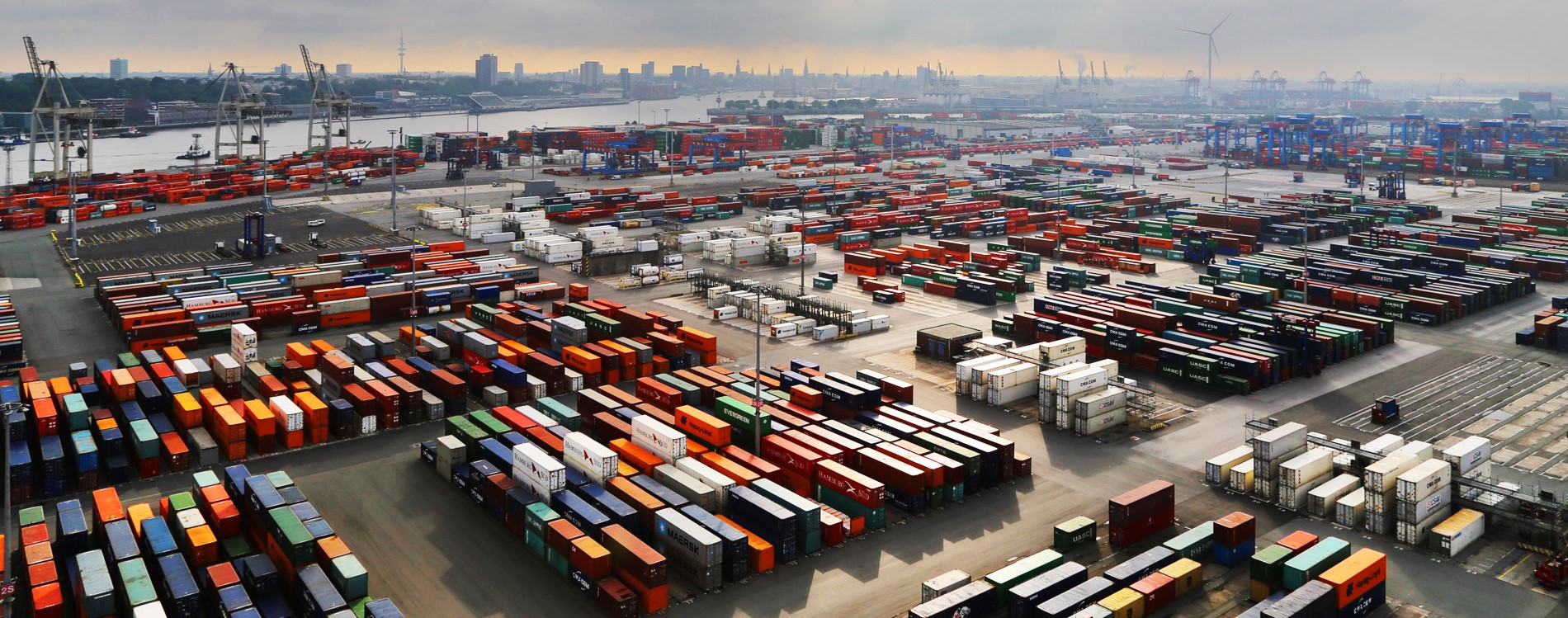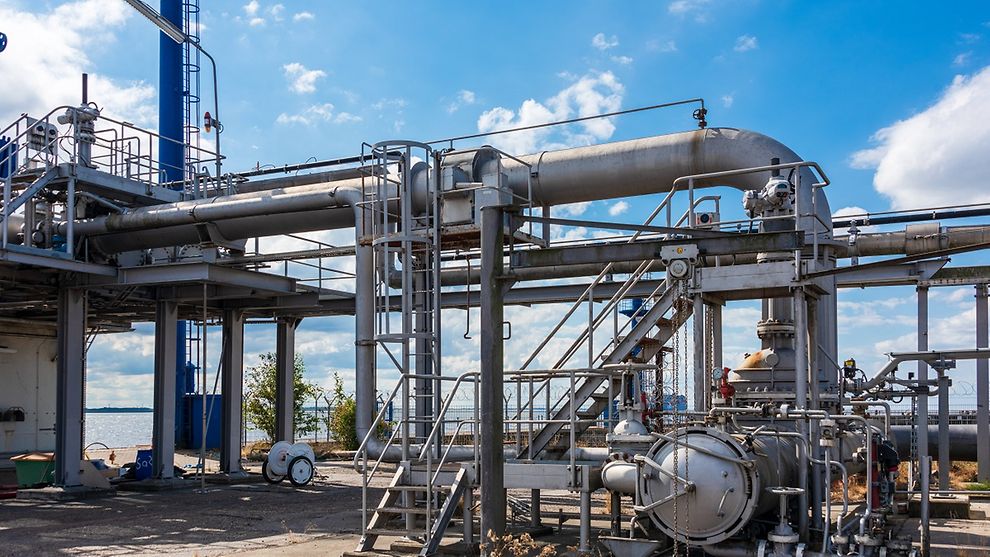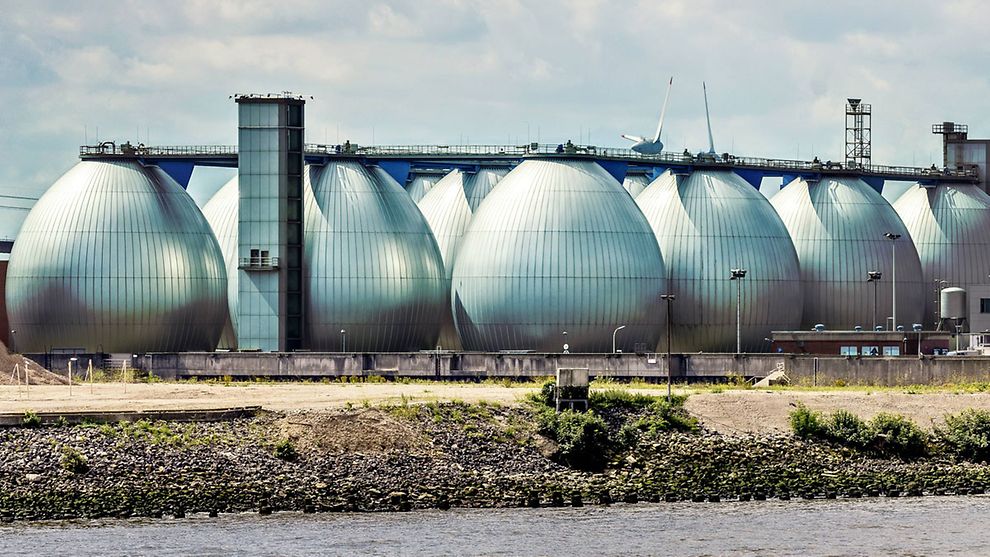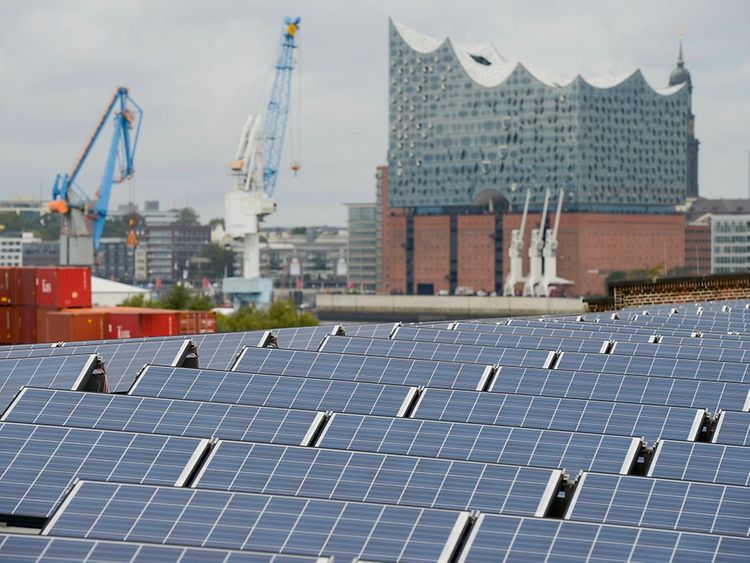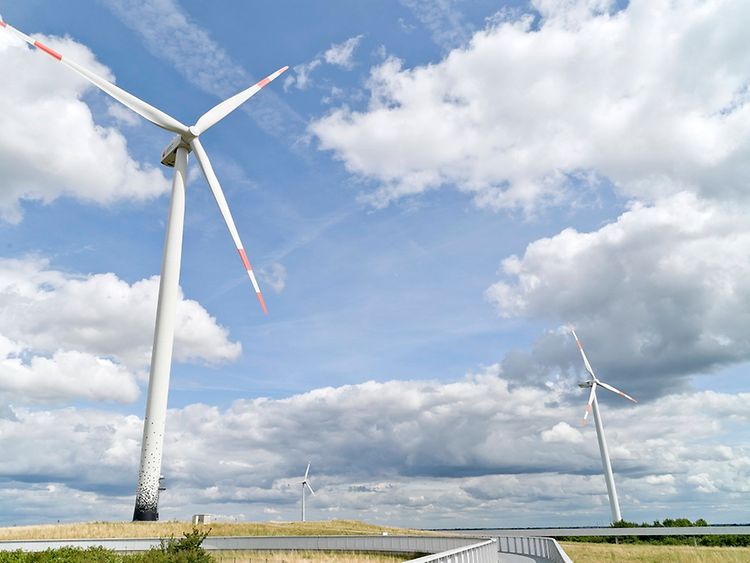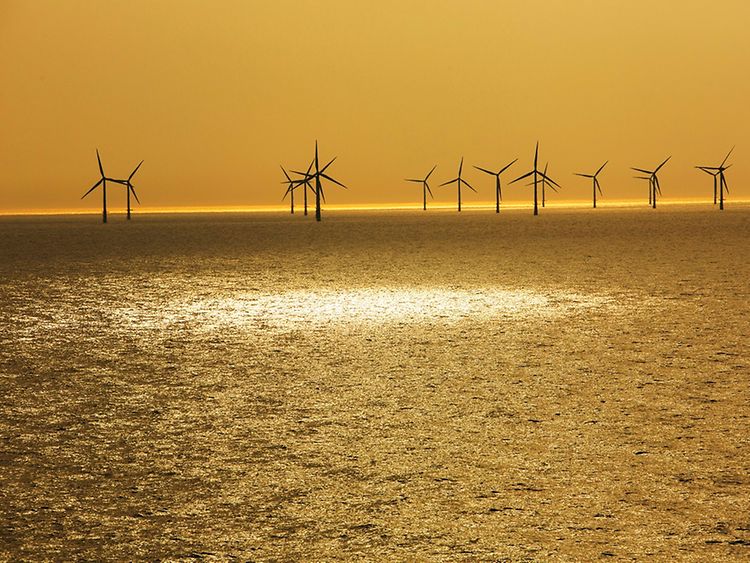One of the many effects of the Russo-Ukrainian war is that Germany plans to become independent of Russian gas supplies as quickly as possible. To avoid gas obtained from continental pipelines, Germany is focussing on LNG imports by ship from regions such as North America and the Middle East.
What is LNG?
LNG is short for Liquefied Natural Gas and is composed mostly of methane (roughly 98%) and other ethane compounds. As such it is non-toxic and colourless. It can be used as a fuel for cargo ships as well as for generating electric energy and heat, and in fertiliser and metal production. LNG takes up much less space than natural gas in its normal state: by cooling it down to its liquid state, the product’s volume is reduced by a factor of about 600, making it much easier to transport without pipelines.
Tankships loaded with LNG can dock at stationary, land-based terminals where the liquid gas can then be re-gasified, ready to continue its journey in its normal gaseous state. Apart from stationary terminals, there are also special ships that dock permanently at a site and convert the LNG from other tankships. One of the most important advantages of FSRUs is that they can be set up in a very short time.
The Brunsbüttel terminal
In January 2023, the tankship Höegh Gannet arrived in Brunsbüttel near Hamburg to ensure the gas supply in the region. The tanker works as an FSRU to turn the LNG back into gas and feed it into the supply pipelines. Already loaded with a small amount of liquid gas, it was connected to the gas supply network of Hamburg and Schleswig-Holstein for a trial operation.
The first regular LNG tankship from Abu Dhabi docked at the FSRU in Brunsbüttel in February 2023. With its load, the regular operation to provide Hamburg and Northern Germany with natural gas commenced, making Germany more independent from Russian gas suppliers
The future of LNG in Hamburg
The long-term goal of the government is to replace LNG, which is made from fossilised natural gas, with CO2-neutral, ecologically sustainable and renewable energies. These will make Germany independent from coal and other fossil fuels.
The FSRUs merely function as an intermediate solution. By 2026, all floating units are to be replaced by stationary terminals, one of which will also be built in Stade, even closer to Hamburg. The new terminals will also be suitable for the conversion of green hydrogen, which will then supply Hamburg reliably with clean, green energy.
